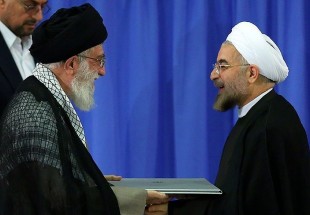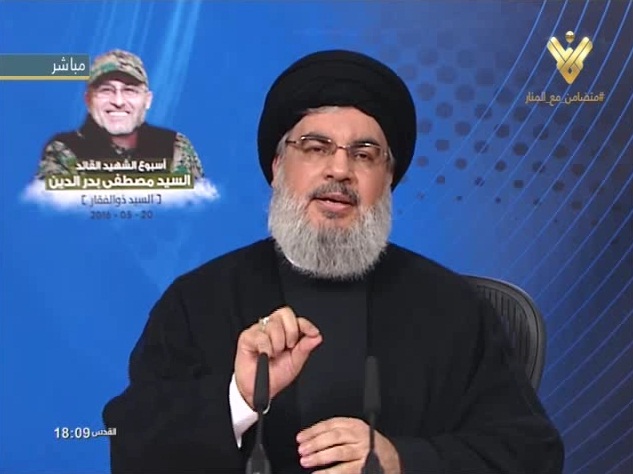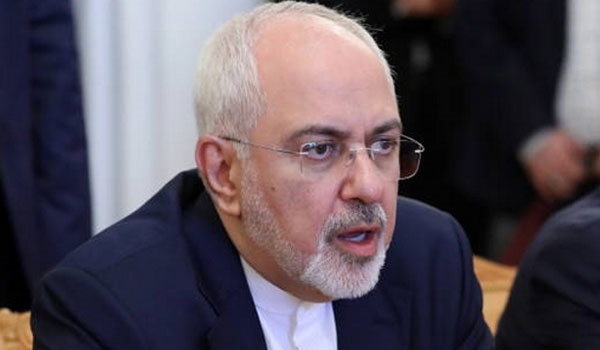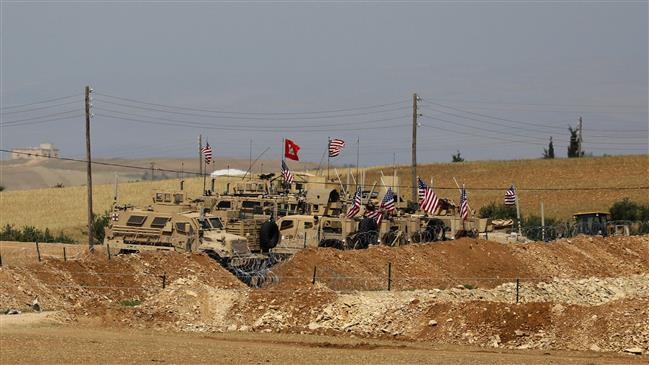Tajik Islamic Party Says Late Leader’s Bonds with Iran Were ‘Spiritual, Religious’
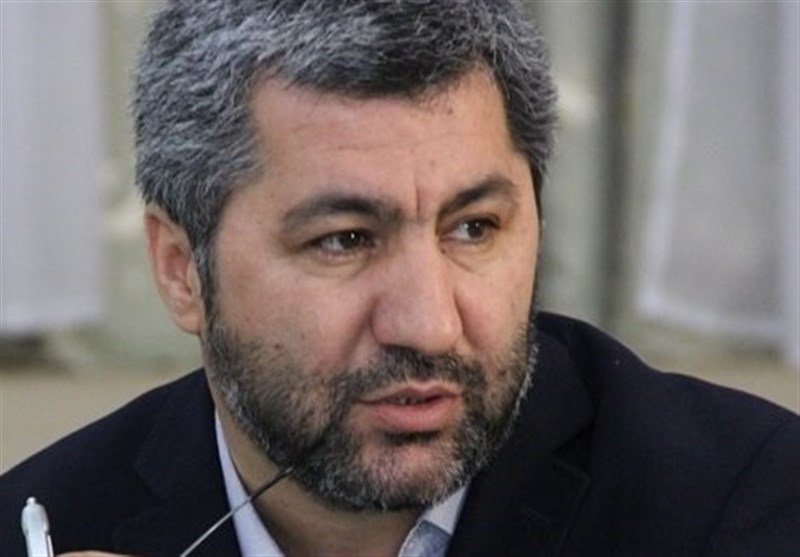

Chairman of the Islamic Renaissance Party of Tajikistan (IRPT) dismissed reports that IRPT’s late leader Abdullah Nuri had been biased in favor of Iran, saying he had solely spiritual and religious bonds with Iran and always cared about national reconciliation in Tajikistan.
In an interview with Tasnim, current chairman of the Islamic Renaissance Party of Tajikistan Muhiddin Kabiri talked about various aspects of Abdullah Nuri’s character, saying the charismatic leader was never biased towards any nation or faith.
Kabiri explained that the late leader’s relations with Iran were based on “spiritual, national and Islamic bonds”, adding that his teachings originated from the philosophy of Iranian poet Saadi Shirazi.
Nuri used to refer to the Quran when it came to politics, and always insisted that his party works for peace and calm in Tajikistan, Kabiri added, pointing to the late leader’s contribution to national reconciliation and peace during the Tajik civil war in the 1990s.
Kabiri also said that Nuri was known as a pragmatic and realist person in his political and religious policies, stressing that political interests could never influence his views.
Sayid Abdulloh Nuri led the Islamic Renaissance Party of Tajikistan from 1993 until his death in 2006. During a civil war in Tajikistan in the 1990s, Nuri worked hard to contribute to peace, which was finally achieved in 1997 under the Tajik National Peace Accord.
Tajikistan’s government has taken a tough line of Iran in recent years, accusing the Islamic Republic of supporting the IRPT and trying to influence the Tajik society.
In July 2017, the economic and cultural section of the Iranian embassy in Tajikistan’s northern province of Sughd closed its offices in the historical city of Khujand at the request of Tajik government.
Tajik authorities had ordered the directors of the Iranian organizations in the second-largest city of Tajikistan to stop their activities because Tajikistan “does not need their services anymore.”
Over the past three years, most of the organizations related to Iran have been forced to shut down in Tajikistan – including the Imam Khomeini Relief Foundation and its offices across the country, office of the Iranian embassy’s Cultural Attaché, and a hospital jointly run by the Tajik government and the Red Crescent Society of the Islamic Republic of Iran.
Reports suggest that the Tajik government has also restricted the activities of some Iranian companies and businesses in the country.
Relations between the two countries took a nosedive in late December 2015 on the issue of the Islamic Movement of Tajikistan. While IRPT has been considered by the Tajik government as a banned party, its leader Muhiddin Kabiri, who lives in exile, was invited to an international conference in Tehran, and this outraged the Central Asian state.
Tajik authorities said despite the fact that Kabiri was accused of organizing riots in September 2015, Iran invited him to the International Conference of Islamic Unity while he was seated next to the head of Tajikistan’s state-backed Council of Islamic Ulema and other members of the official delegation from Tajikistan.
In an article published in July, Tajik religious and political expert Saiyidyunus Istaravshani said the IRPT has become the victim of an anti-Islamic campaign launched by the Dushanbe government whose real purpose is to counter Iran with the financial backing of Saudi Arabia.
